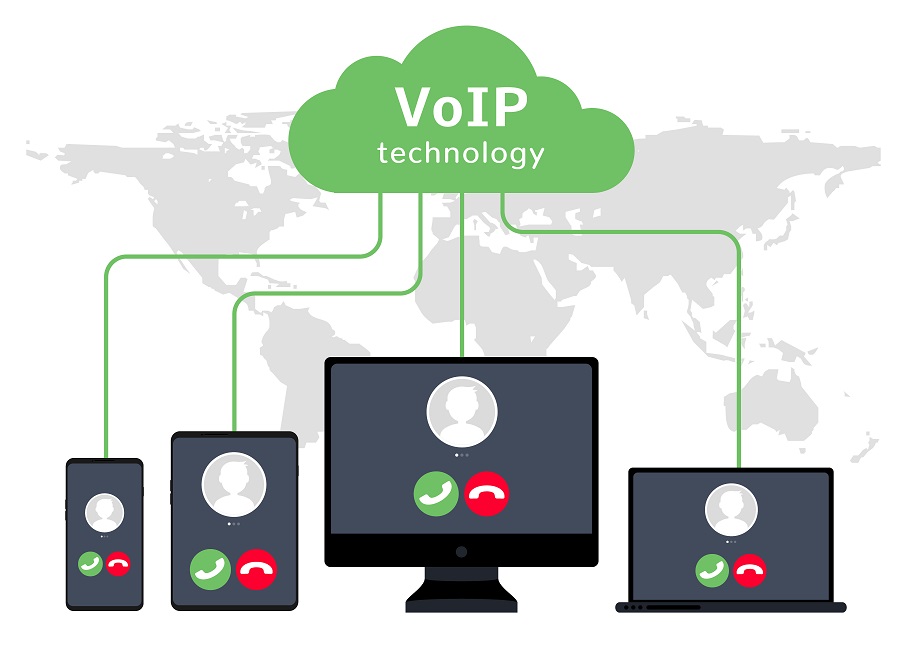Entrepreneurs looking to start their first SME always have plenty to think about. Very often the journey starts, simply enough, with a great idea or unmissable opportunity. This should then lead to a fully-fledged business plan that comprehensively details the finer points of starting your new business. Naturally, during this phase of the business owner’s journey, among the most important of points is what kind of expenses need to be factored in.
There’s a lot speculation as to exactly how much it really costs to start your own business. Figures quoted range anywhere from a paltry £20 to an eye-watering £100,000 and up, and of course, much depends on the type of business and industry in which you intend to operate. It’s no surprise then that putting a ballpark figure on what your business will cost is problematic.
This question, however, is a critical one if you want your business to be successful. Regardless of its size, you will need some kind of budget and cost analysis in order to secure funding, manage cash flow, and correctly identify when you begin turning a profit. Here then, we take a look at a few key areas that will help you get a better grasp of where your money is likely to be spent, and how much you might need to get up and running.
Understanding your costs
Defining your costs when starting an SME is a fundamental stepping stone to success, and here, reaching out for additional advice is a really good idea. Your business plan should cover at least the first 12 months of expenditure and ideally more, with projected growth and potential disasters also accounted for. Start by drawing up a list of some, or all, of the expenses listed below and include a realistic budget that covers the particular costs that are relevant to you.
- Offices, shop premises, other physical premises and their associated utilities
- Website hosting, other types of virtual premises and technology related expenses such as email hosting
- Vehicle costs including purchase/lease and taxes/insurance
- Licences, permits and other industry/sector specific legal documentation
- Equipment purchases or lease, maintenance and upgrades
- Stock purchase, delivery and storage
- Insurance and taxes
- Employee wages and benefits
- Professional services from lawyers, accountants, brokers etc.
Alongside these expenses, make sure you factor in an allowance for unexpected costs including those caused by payment delays, credit card fees, bank fees, and financial emergencies of any kind. This will ensure your business does not fall at the first hurdle, giving you the resources to weather any kind of storm as your SME grows.
Managing your costs
It’s very often said that new business owners have a choice between sacrificing their time or their money. If you have plenty of time on your hands then you can cut costs significantly by doing much of the work yourself. On the other hand, if you have access to a significant amount of cash then you can pay someone else to take care of many tasks for you. Regardless of the type of approach you take, you will still need to manage your costs carefully and with a critical eye.
It is always advised that you should keep your expenditure to a minimum during the first years of operation. This way you can more easily balance your overheads with your expected revenue, allowing you to grow without the increased pressure of finding cash for expensive operating costs. Additionally, by building up profits year-on-year, you will be able to reinvest any spare cash directly back into your business when it is stable and turning a profit.
Conclusion
If you came here looking for a concrete figure detailing what setting up your business might cost, then we’re sorry to disappoint. However, just as each business is unique, so too are the costs involved with it. Additionally so much depends on what any individual owner can bring to the mix, with the work/time balance being a crucial element of your initial budget.
The key to answering the question of how much does it really cost to start a small business lies in your preparation. During this phase, do not be intimidated, and begin by simply listing everything you need to get started. Make this list as comprehensive as possible and ensure you include a range of costs associated with each. At this point, you can begin to pare down the list by discarding items unnecessary to you and deciding on which responsibilities and tasks you will take up yourself.
Whether you are building a simple web-based business or you require large retail premises from which to trade, the process for calculating your costs should be the same. Always make sure you detail your forecasted expenses in as much detail as possible and always leave yourself a contingency fund for emergencies. Additionally, be patient for the first few years and try to spend as little as possible in order to give your SME the best possible chance of clearing the five-year hurdle.
This article was supplied by Daltonsbusiness.com.








